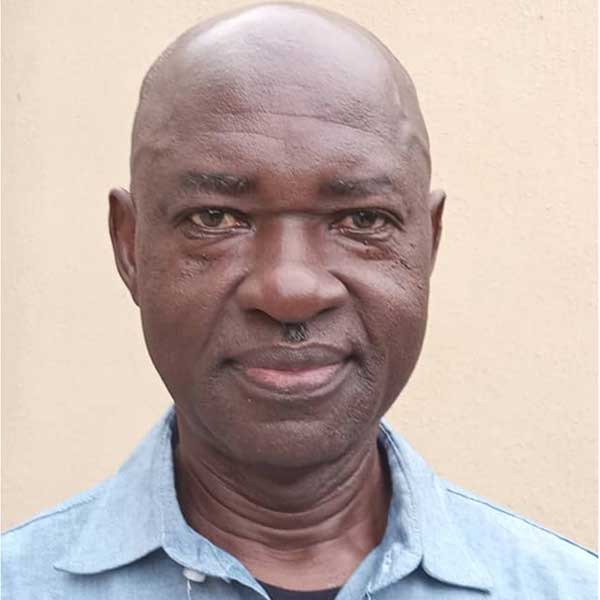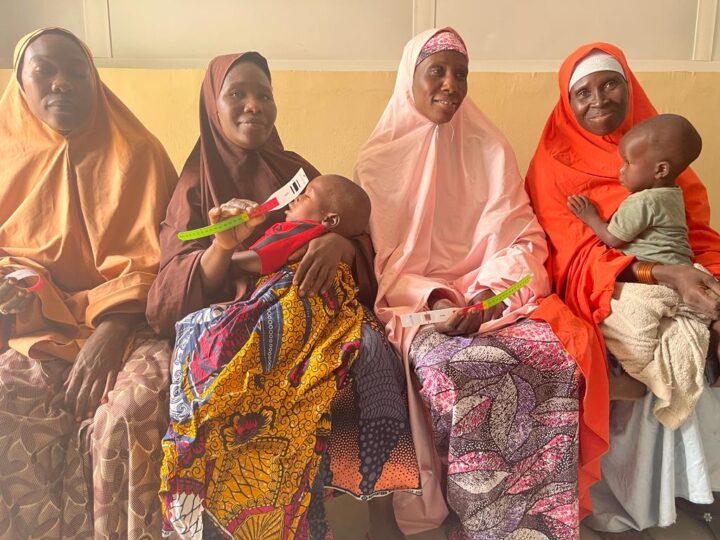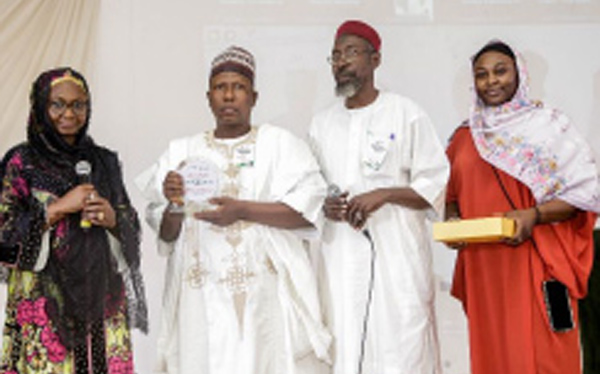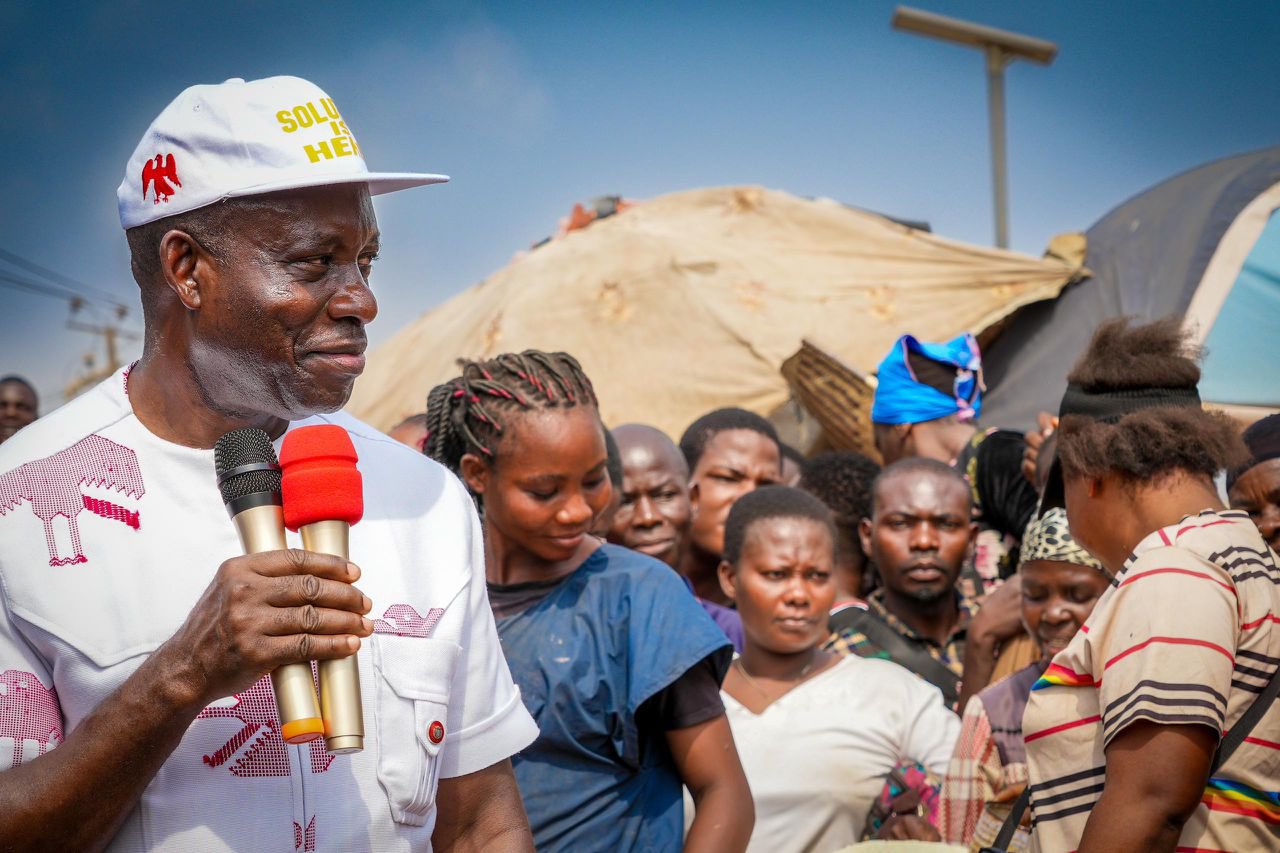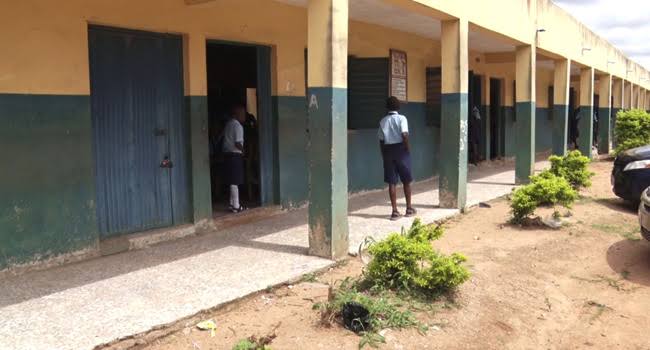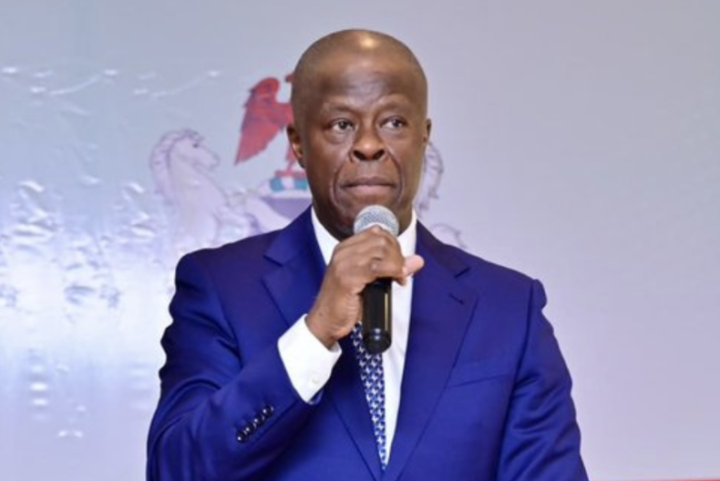Last month’s meeting of governors on the platform of the People’s Democratic Party (PDP) in Abuja produced at least one punchline. Speaking on behalf of his colleagues, Bauchi State Governor, Alhaji Bala Mohammed, declared that with its rapidly dwindling fortunes, the nation was already on its way to Venezuela. As expected, officials of the administration shouted down the assertion and called the governors bad losers, doomsday prophets who couldn’t play the role of opposition politics without playing to the gallery. But if anything, governments ought to be interested in the sights and sounds of the gallery, the very people they have sworn to serve with diligence and sense of purpose.
While visionary leadership shouldn’t be encumbered by the screams, yells, tantrums and hysteria of the crowd, it shouldn’t be aloof either. Mob mentality can’t be counted on for lasting achievements but the legitimacy of any government in power is rooted in its ability to demonstrate a certain degree of devotion to the aspirations and rights of the mass of the people. It’s on this note that Governor Mohammed and his colleagues can’t be faulted about their allusion to the South American country.
The same Venezuela imagery that has angered the inner circle of the President Bola Tinubu government has also been dismissed in other quarters for a different reason: its perceived failure to adequately capture the mood and condition of the country. For some people, Nigeria is already in a more precarious situation at the moment. I choose to take the middle of the line position since the two countries parade different profiles despite sharing some similarities, chiefly being members of the world’s elite oil-producing fraternity. Even in this, Venezuela is more endowed and has been a bigger player on the global scene than its West African counterpart.
Politically, what is meant to be a major advantage for Venezuela equally turns out to be its albatross. Its chequered history that was moulded largely by leftist ideologies also meant that it ran against the tide of foreign allegiances, networks and trade dominated by the west. Of course, some nations have thrived outside the umbrella of the United States and western Europe after the break-up of the eastern bloc up to the present time. Those that have succeeded have done so mainly by harnessing, or savagely controlling, their own internal dynamics. Hugo Chavez, Venezuela’s former leader, who fancied his image of being the champion of the poor, committed himself to social programmes throughout his 14 years on the seat before his demise in 2013.
Advertisement
Chavez’s successor and mentee, Nicholas Maduro, was probably not destined to run a prosperous country with happy, purposeful people. Barely one year after he assumed office, global oil prices took a sharp turn downwards. Ferocious national unrest was inevitable. Maduro’s personal survival instincts embraced the suppression of dissent which further manifested in the form of stringent censorships and the wholesale manipulation of electoral processes. His re-election in 2018 announced to his critics that it was the wish of the helmsman that mattered, not the people’s.
Neither the bravery of his most prominent rival, Juan Guaido, with his intimidating support from America and its allies, nor what appeared to be an overwhelming home support could unseat Maduro. Partly due to the strategic friendship of Cuba, China, Russia, Iran, Turkey and other associates, he has weathered the excruciating impact of the international sanctions that have undermined his country’s economic fortunes for long. Luckily, significant thaws have begun to emerge in the erstwhile long-standing iced relationship with the US.
What seems like the current sword-sheathing notwithstanding, the desperate and despondent picture that Venezuela has attracted to itself would stick to the world’s consciousness for a very long time. Since 2014, close to eight million Venezuelan refugees have fled their country. Only few thousands have returned. The country has hosted humiliating humanitarian crises. Winding queues for the most elementary of commodities. Scramble for daily bread. Excruciating scarcity of foodstuff, water, medial supplies and cooking gas. Worsening indices of basic human existence on earth. All that and much more are happening to a nation lavishly blessed with the black gold, the same resource to which the super progressive nations of the Middle East owe their sterling status. Using that irony as a metaphor for Nigeria’s ongoing travails, therefore, is far from being academic or hyperbolic.
Advertisement
The Council on Foreign Relations puts Venezuela’s mounting predicaments succinctly in a December 2023 article titled “Venezuela: The Rise and Fall of a Petrostate” written by Amelia Cheatham and Diana Roy: “In recent years, oil exports have financed almost two-thirds of the government’s budget. Estimates for 2024 place this figure slightly lower, at 58 percent. Starved of adequate investment and maintenance, oil output has continued to generally decline, dropping by 2.5 percent in 2022 after increasing slightly the previous year. In 2020, it had reached its lowest level in decades.
“Venezuela’s gross domestic product (GDP) shrank by roughly three-quarters between 2014 and 2021. However, the economy grew by eight percent in 2022 and four percent in 2023, and experts forecast additional growth of 4.5 percent in 2024. Venezuela has an estimated debt burden of $150 billion or higher. Annual inflation skyrocketed to just over 130,000 percent in 2018, and though it has since slowed, it remained at 360 percent in 2023.” This expert evaluation of Venezuela’s dependence on oil exports, decreasing production, unstable economy, skyrocketing debts and hyper-inflation, though different in actual figures, reflects Nigeria’s unending woes.
There’s absolutely no excuse to ignore or deny the statistics shared by the two countries, especially in terms of the misery index both at macro and micro levels. For Nigeria, uncountable businesses have folded up. Many multinational companies have closed down and left with whatever is left of their investment portfolios. Statistical organisations simply can’t keep track of the country’s inflationary trends since the figures do not follow trends known to economics. Standard and cost of living are now too low to accommodate any meaningful enthusiasm and hope of recovery.
Nigerians who are generally associated with zest for life, resilience, humour even in bizarre circumstances, and overall positive attitude to life are beginning to ‘lose it’. The world’s happiest people only two decades ago have now descended to the eighth slot in Africa, according to the 2023 World Happiness Report.
Advertisement
David Roberts, a former British Council Director in Abuja, has just expressed an interesting view on this matter. His words: “Nigeria’s GDP is growing at 3.46 per cent while Europe is on the edge of recession. Her stock market just crossed 100,000 basis points, overtaking Argentina’s as the world’s most profitable stock market. And capital importation is up by 66 per cent. But that is not the best story. The cherry on the cake is that fuel importation into Nigeria is down 50 per cent. This means that Nigeria’s much-depleted federation account will rapidly be resuscitated.
“More funds will trickle down to the federating states from the Federal Government, and if well utilised, Nigeria could attain her pre-2015 growth levels. The future looks bright for Nigeria if her government can stay the course and resist the pressure to reverse the fuel subsidy removal and the flotation of the Naira. Nigeria’s economy is not a mess. There is nothing messy about 3.46 per cent growth. If attaining such growth was easy, then we would have that level of GDP development in Europe. But we don’t. The only thing I would say is that Nigeria must improve its regulatory institutions, including measures to counter corruption.”
Unfortunately, Robert’s idea of Nigeria having better GDP than Europe hasn’t discouraged Nigerians from seeking refuge outside their homeland. Tinubu’s administration must save Nigeria from tumbling lower.
Ekpe, PhD, is a member of THISDAY Editorial Board.
Advertisement
Views expressed by contributors are strictly personal and not of TheCable.
Add a comment
